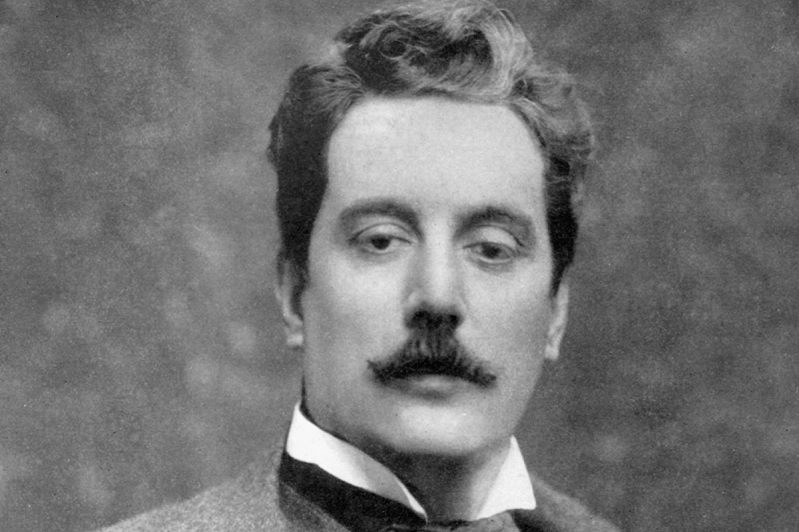
We can’t wait for Welsh National Opera to perform Giacomo Puccini’s triple-bill of one-act operas Il trittico this Summer, but how well do you know the life of the master himself? Let’s get to grips with Puccini and his operatic highs and lows in our guide below.
Early Beginnings: Le Villi and Edgar
Puccini wrote his first opera Le Villi(The Fairies) aged 25, a promising one-act opera that was submitted for the famed Casa Musicale Sonzogno musical competition in 1883. His next opera, Edgar, was invited to premiere at Milan’s famous La Scala opera house in 1889 but it failed to win over audiences and was withdrawn after two performances.
Breakthrough with Manon Lescaut
In 1893, Puccini secured his status as the musical successor to Verdi with his opera Manon Lescaut, based on Abbé Prévost’s 1731 novel of the same name. Working with the librettists Luigi Illica and Giuseppe Giacosa, the tragic story of a seduced, young ‘fallen woman’ who winds up in poverty struck a chord with critics and audiences alike. The opera’s success meant that it was performed around Europe and it enabled Puccini to free himself from debt.
Career Triumphs: La bohème, Tosca and Madam Butterfly
Puccini’s librettists on Manon Lescaut also collaborated with him on his next three operas, La bohème (1896), Tosca (1900) and Madam Butterfly (1904). These three works were undoubtedly the most successful of Puccini’s career, earning him enormous wealth and international renown.
La bohème was written in the highly fashionable verismo style of the late 19th and early 20th centuries and Madam Butterfly’s premiere in Milan was famously disastrous, but after sufficient restructuring of the score the opera became an assured success and firm favourite of the opera house.
Waning popularity with La fanciulla del West and La rondine
Working with his new librettist Carlo Zangrini, Puccini composed a new opera on an American subject, La fanciulla del West. When the opera was first performed on 10 December 1910 in New York it marked the high point of public affection in Puccini’s career, but the critics’ responses were mixed.
Puccini’s eighth opera La rondine was premiered in Monte Carlo during the First World War in 1917, but from here on he found his works attacked by artists of the avant-garde and Futurist movements in Italy who denounced his music as ‘effeminate’ and behind the times.
Comeback with Il trittico and Turandot
After the war, Puccini presented Il trittico, his collection of three one-act operas Il tabarro, Suor Angelica and Gianni Schicchi at the Metropolitan Opera in New York. His comedy, Gianni Schicchi, in particular was hailed as a return to masterful form for the composer.
Puccini left his last opera Turandot incomplete when he died in 1924, an enormously grand operatic take on mythological China with a gigantic musical score to boot. The opera was left to others to complete, and it eventually received its premiere at La Scala in Milan in 1926.
Whether you’re budding newcomer or an old-hand to Puccini’s operas, make sure you don’t miss performances of WNO’s Il trittico, opening in Cardiff’s Wales Millennium Centre on 15 June 2024, before Suor Angelica & Gianni Schicchi tours to Llandudno, Plymouth and Southampton in the Autumn, and an exclusive performance of Il trittico in concert in Oxford on 25 October 2024.



